[ad_1]
Because of the native climate warms and days lengthen, your consideration could also be turning to that forgotten patch of your yard. This week we’ve requested our consultants to share the science behind gardening. So seize a trowel and your inexperienced thumbs, and dig in.
“That’s all very correctly put,” says Candide, inside the ultimate line of Voltaire’s novel of the same title, “nonetheless we should always all the time go and work our yard.”
I studied this textual content material materials at highschool prior to I grew to vary right into a gardener {{{and professional}}} horticulturist. We had been taught that Candide’s gardening important was metaphorical not literal; a command for locating an actual vocation, not a status to take up trowels and secateurs.
Really, Voltaire himself actually believed that energetic gardening was an environment friendly strategy to remain sane, healthful and free from stress. That was 300 years to this point.
Because of it seems, the science suggests he was right.
The science of therapeutic horticulture
Gardens and landscapes have extended been designed as sanctuaries and retreats from the stresses of life – from good metropolis inexperienced areas very similar to Central Park in New York to the humblest suburban yard. Nonetheless earlier the passive enjoyment of a yard or of being in nature additional often, researchers have furthermore studied the place of actively caring for vegetation as a therapeutic and tutorial system.
“Therapeutic horticulture” and “horticultural therapy” have develop to be recognised therapies for stress and despair, which have served as a therapeutic help in settings starting from prisons and psychological successfully being treatment firms to varsities and hospitals.
Gardening and faculty
Evaluation of college gardening functions – which steadily centre on rising meals – present that college school college students who’ve labored on designing, creating and sustaining gardens develop additional optimistic attitudes about successfully being, vitamin and the consumption of greens.
In addition to they rating larger on science achievement, have larger attitudes about faculty, and enhance their interpersonal expertise and classroom behaviour.
Analysis on faculty school college students confirms that gardening results in larger ranges of self-importance and accountability. Analysis implies that incorporating gardening correct proper right into a faculty setting can improve group cohesiveness.
Gardening and psychological successfully being
Tailor-made gardening functions have been confirmed to extend high quality of life for individuals with vitality psychological illnesses, together with nervousness and despair.
One completely different evaluation on the utilization of therapeutic horticulture for victims with medical despair sought to know why gardening functions had been atmosphere pleasant in lessening affected explicit individual expertise of despair. They discovered that structured gardening actions gave victims existential goal. Put merely, it gave their lives which means.
In jails and corrective functions, horticultural therapy functions have been used to supply inmates optimistic, purposeful actions that in the reduction of aggression and hostility all by and after incarceration.
In a single detailed evaluation from a San Francisco program, involvement in therapeutic horticulture was notably atmosphere pleasant in bettering psychosocial functioning all by jail populations (though the advantages weren’t principally sustained after launch.)
Gardening has been confirmed to assist enhance the lives of navy veterans and homeless individuals. Assorted therapeutic horticulture functions have been used to assist individuals with studying difficulties, asylum seekers, refugees and victims of torture.
Gardening and older individuals
As populations contained in the West age, hands-on gardening functions have been used for older individuals in nursing properties and associated firms.
A scientific evaluation of twenty-two evaluation of gardening functions for older adults discovered that gardening was a sturdy health-promoting practice all by fairly a couple of populations.
One evaluation sought to know if victims recovering from coronary coronary coronary heart assault might income from a horticultural therapy program. It concluded:
[Our] findings degree out that horticultural therapy improves temper state, suggesting that it’s maybe a useful gizmo in lowering stress. Due to this fact, to the extent that stress contributes to coronary coronary coronary coronary heart illness, these findings help the place of horticultural therapy as an atmosphere pleasant element of cardiac rehabilitation.
Whereas the literature on the optimistic outcomes of gardening, reflecting each qualitative and quantitative evaluation, is huge, most of those evaluation are from abroad.
Funding in horticultural therapy functions in Australia is piecemeal. That talked about, there are some standout success tales such on account of the Stephanie Alexander Kitchen Yard Basis and the work of nurse Steven Wells on the Royal Talbot Rehabilitation Centre and former.
Lastly, with out professionally skilled horticulturists none of those functions – in Australia or internationally – can happen.
[ad_2]
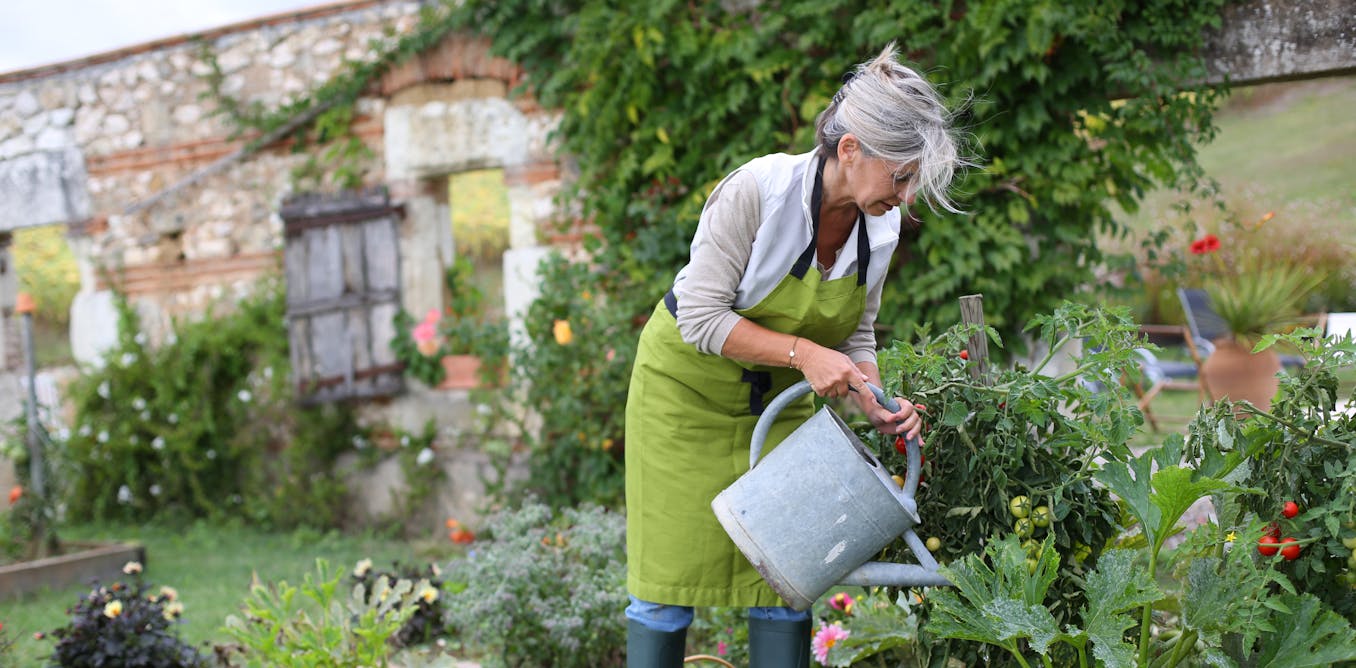
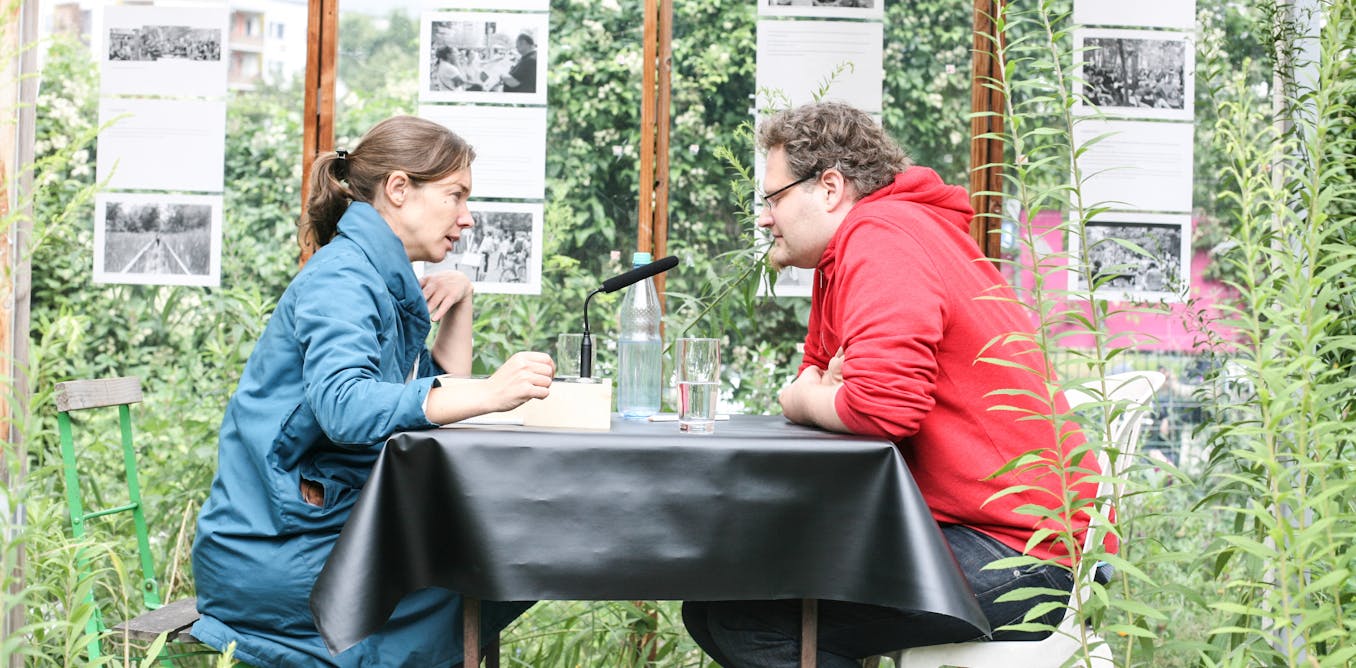
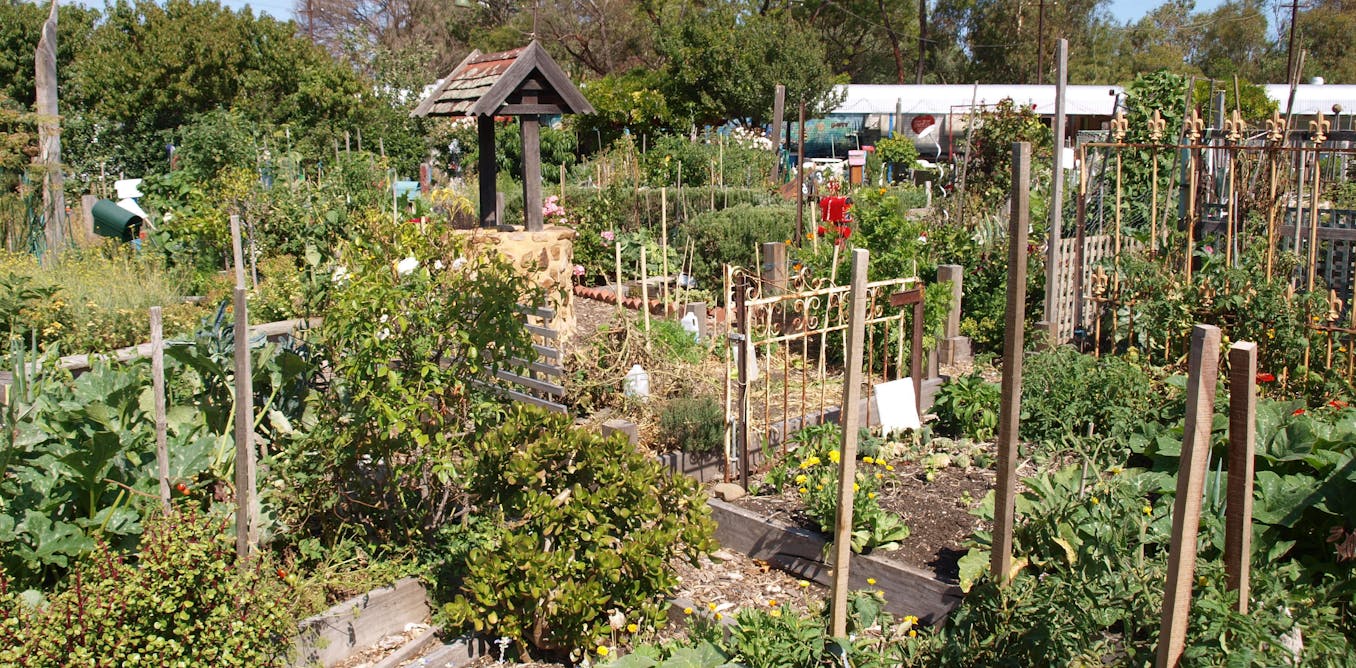
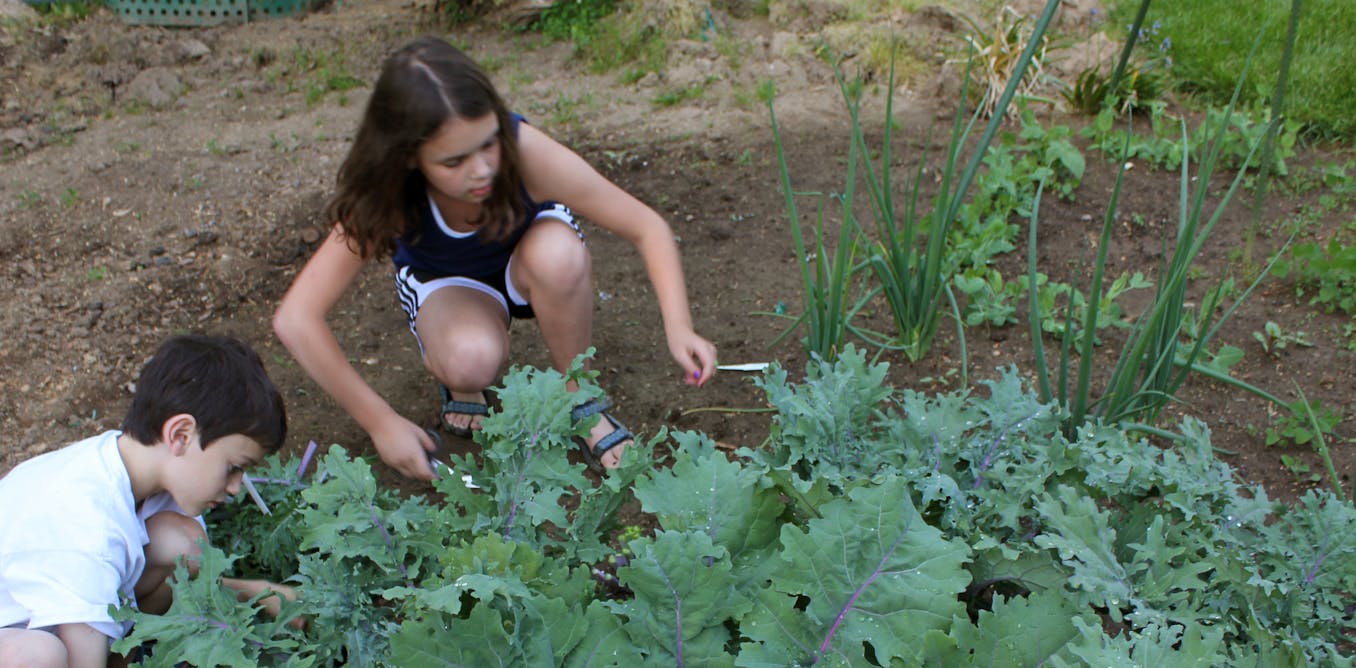
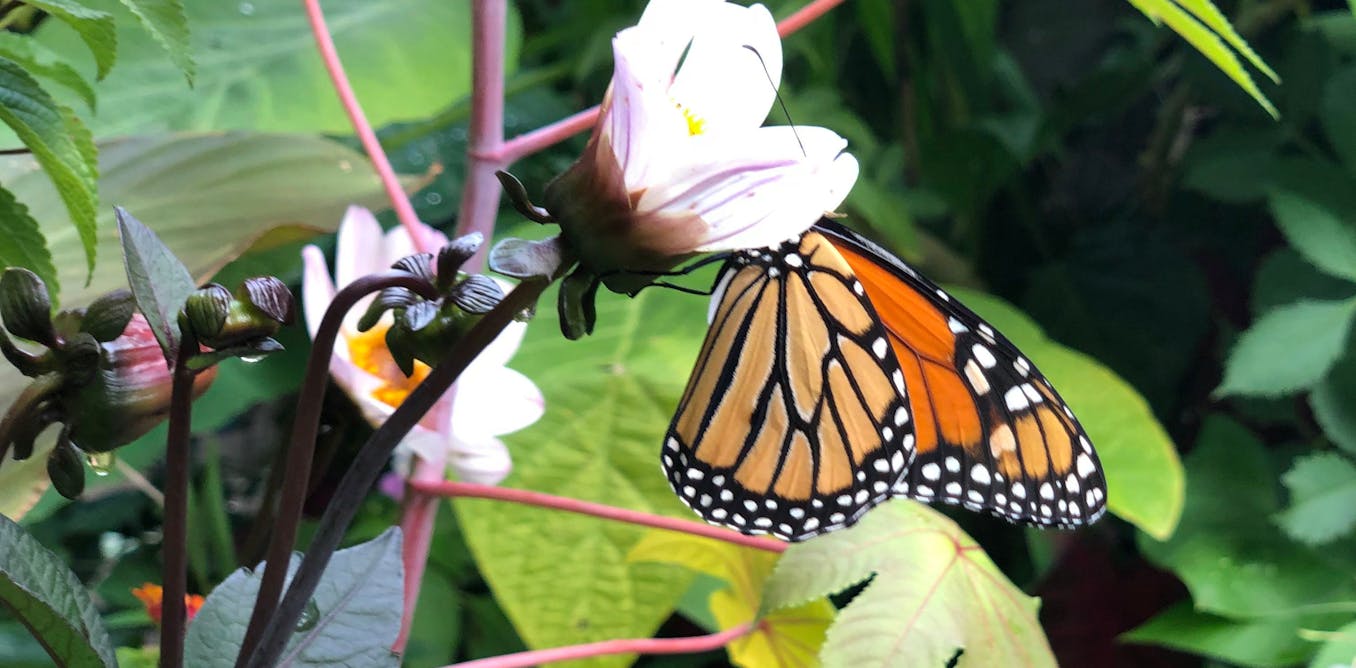


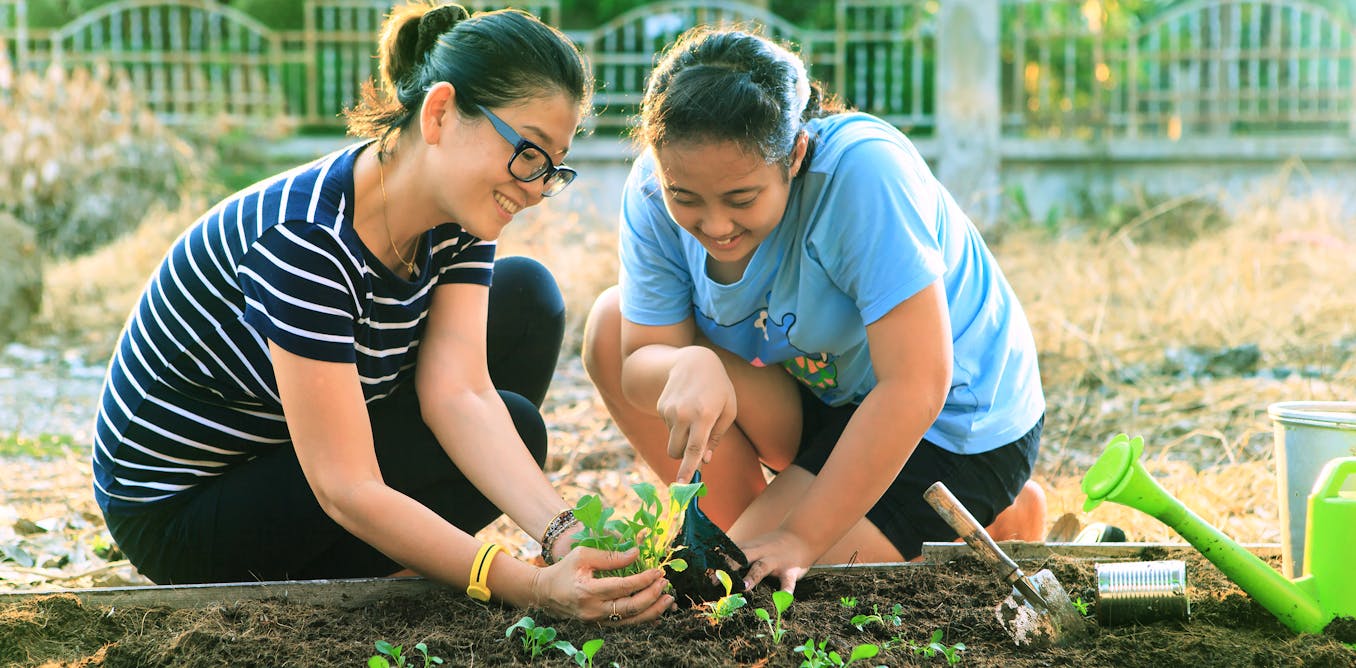

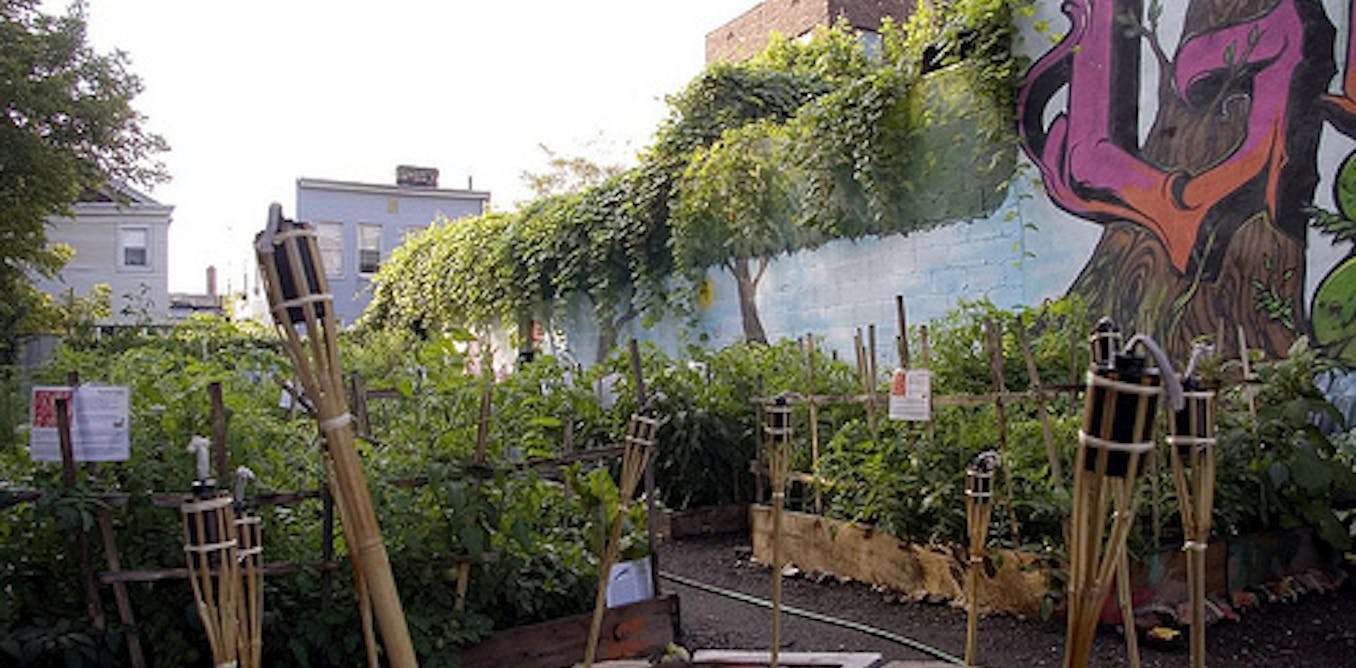
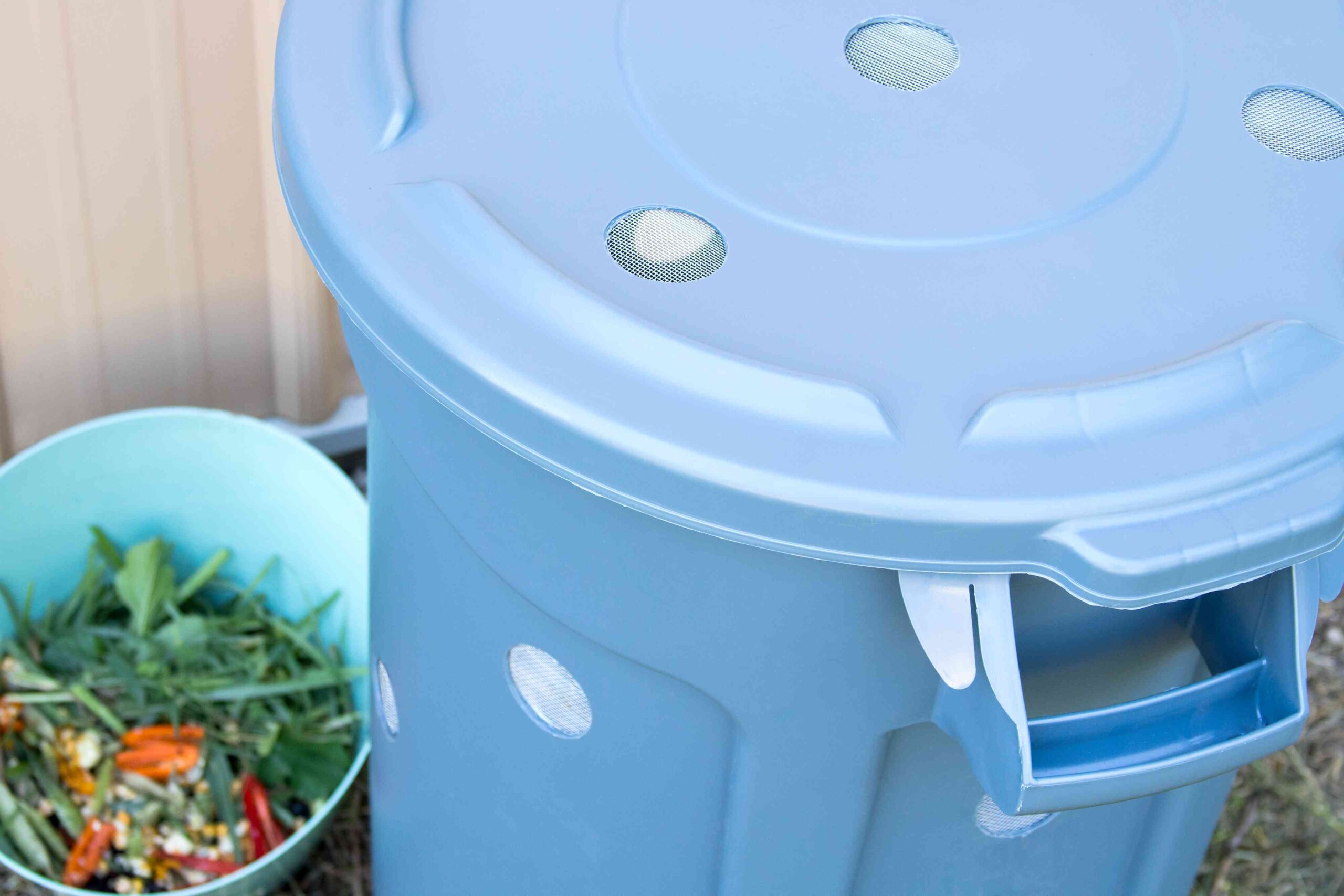
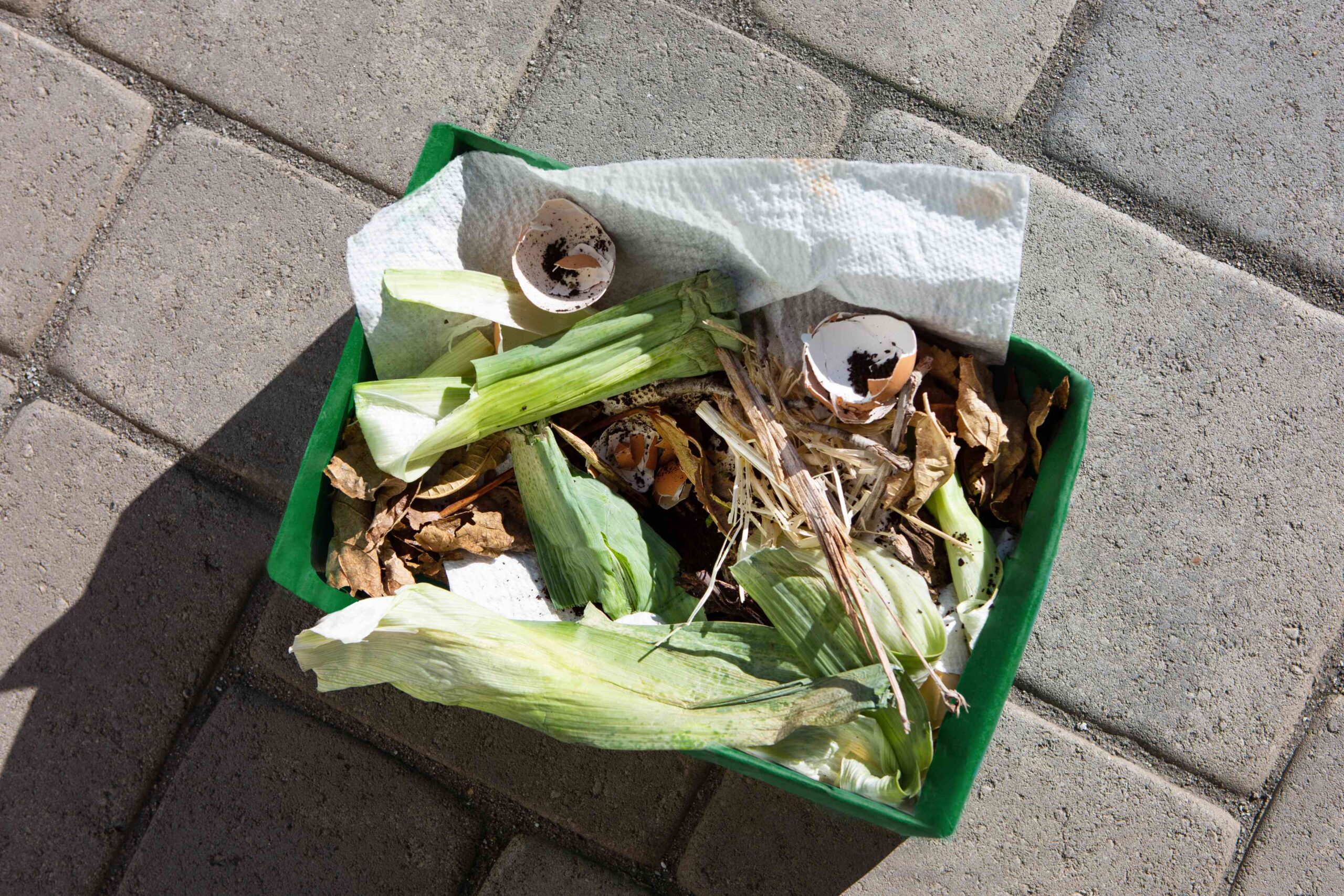
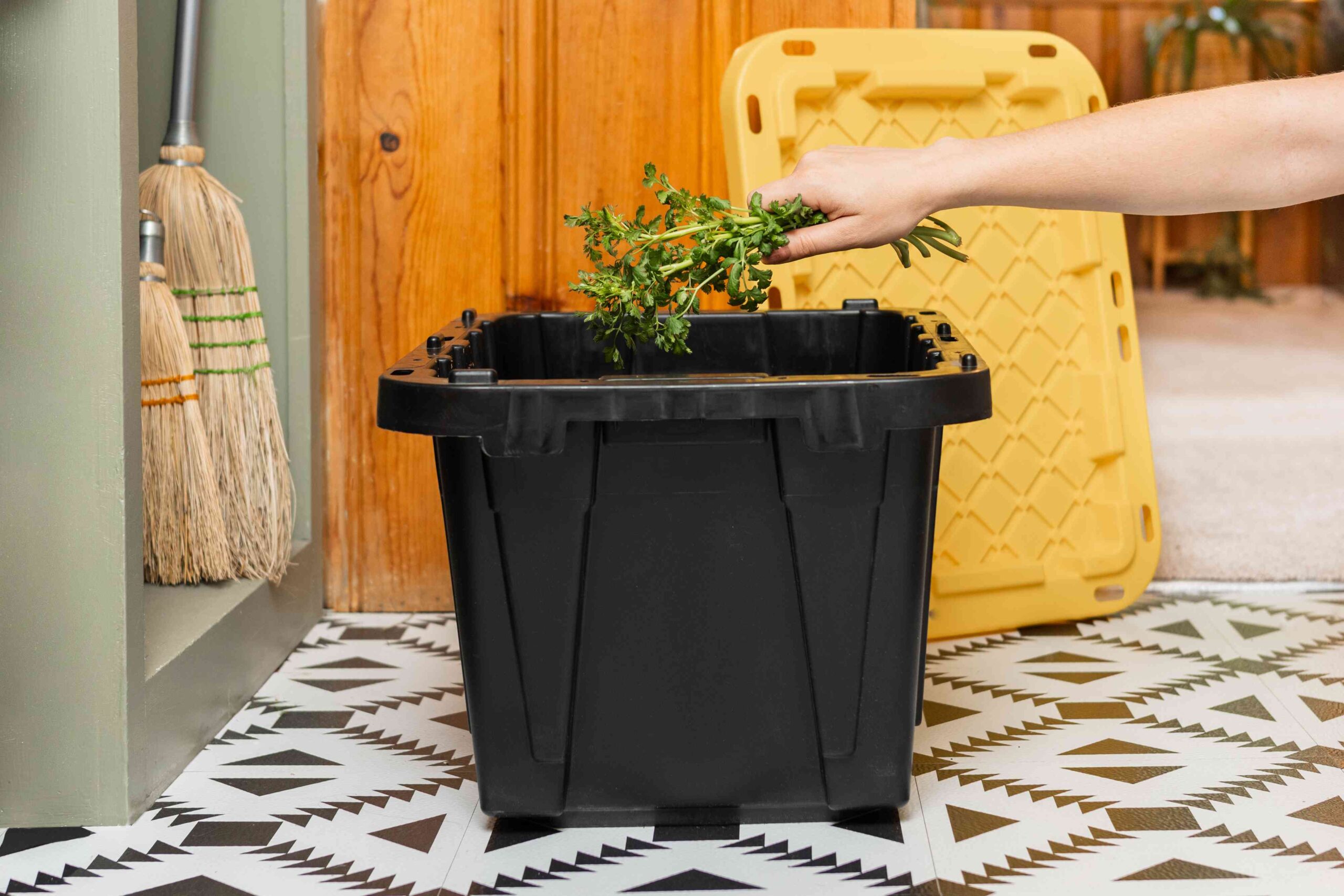
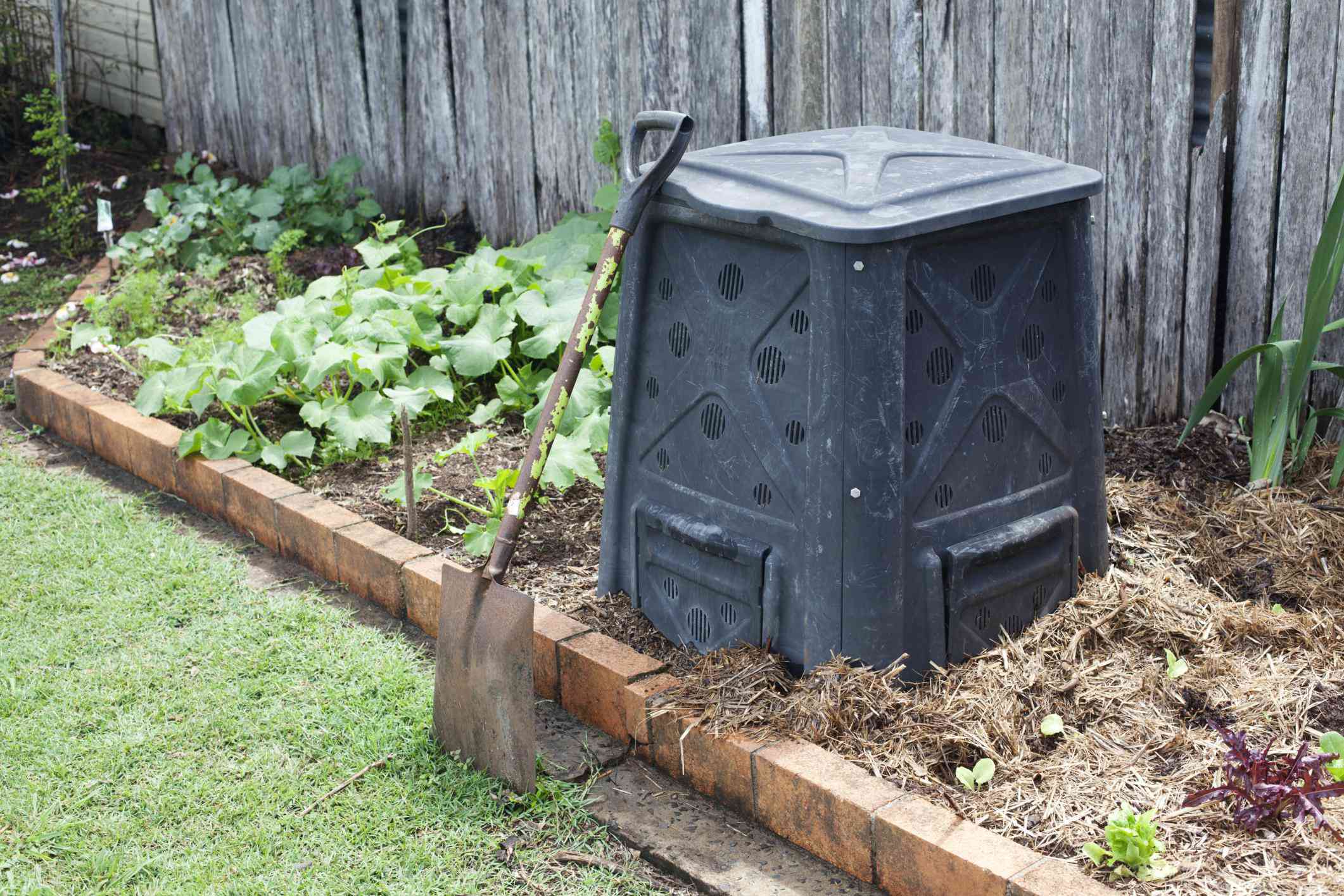
Leave a Reply